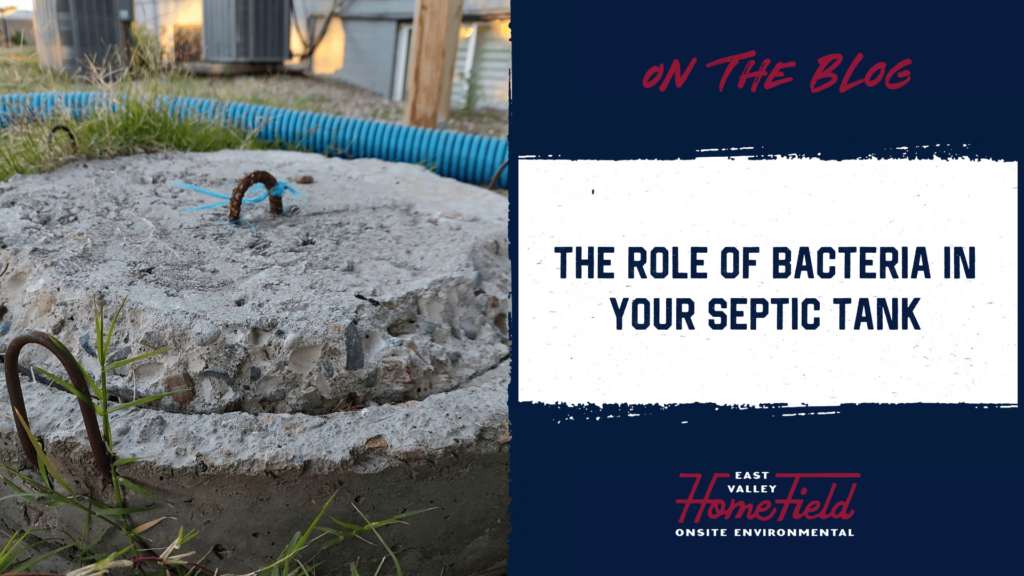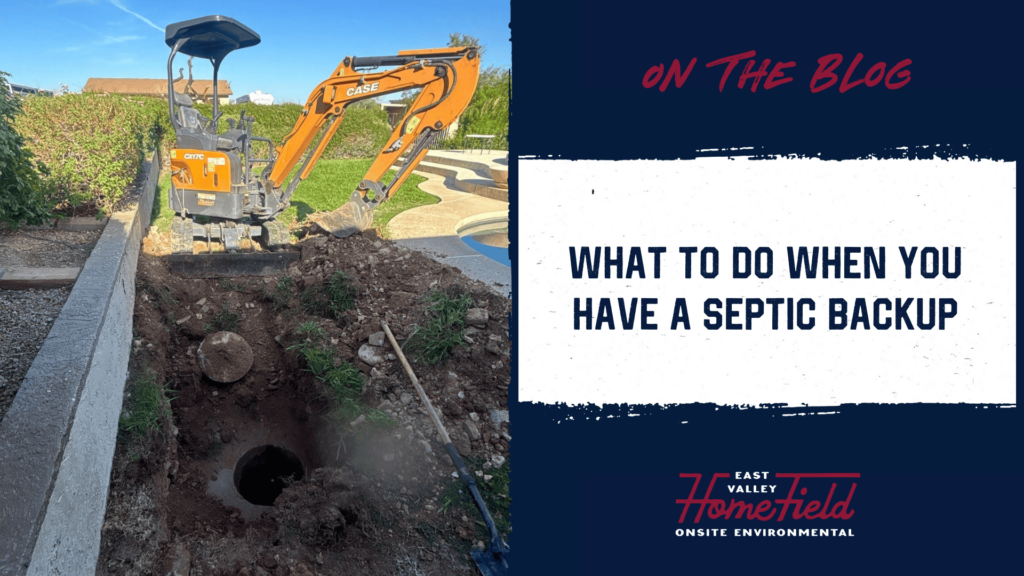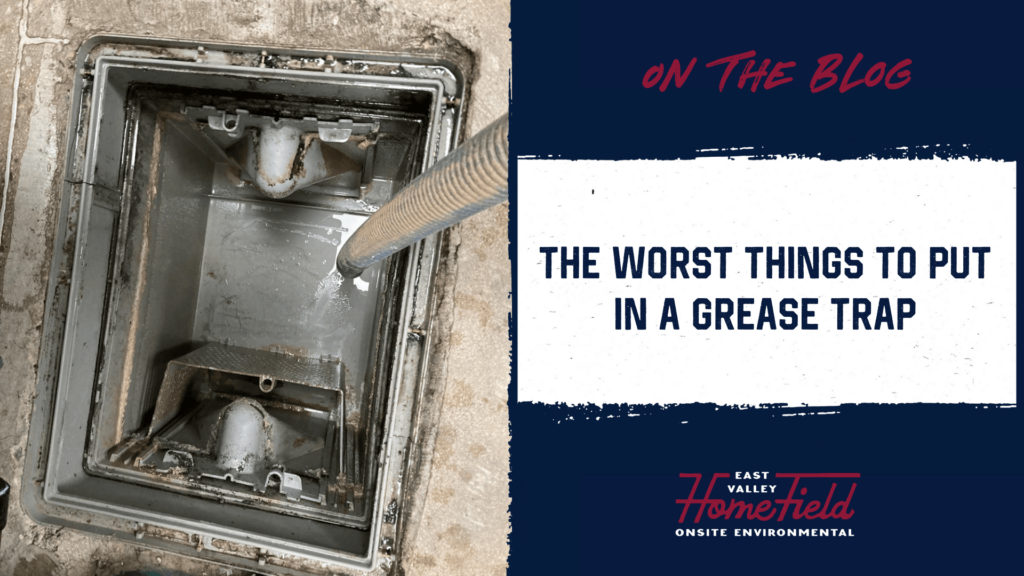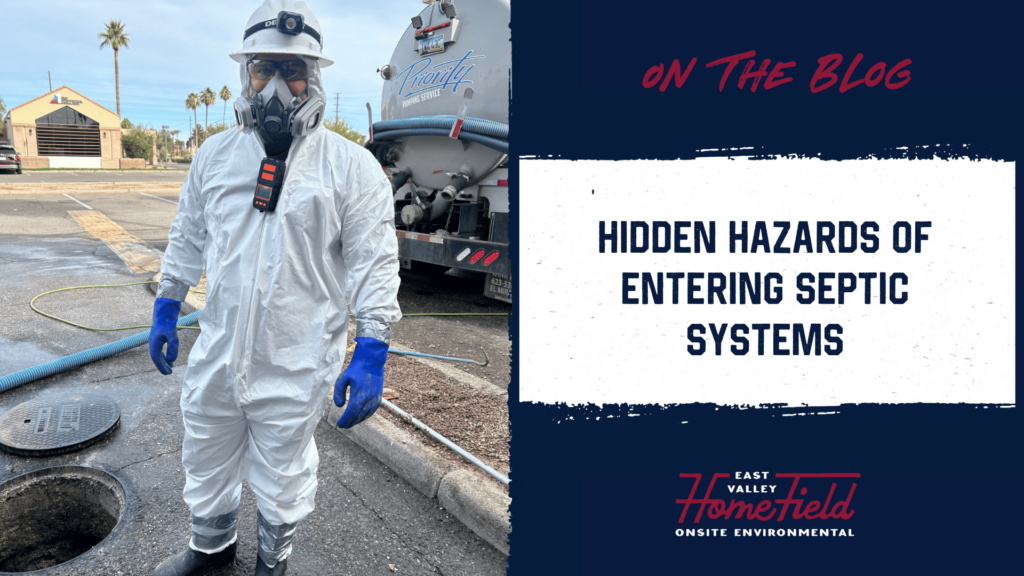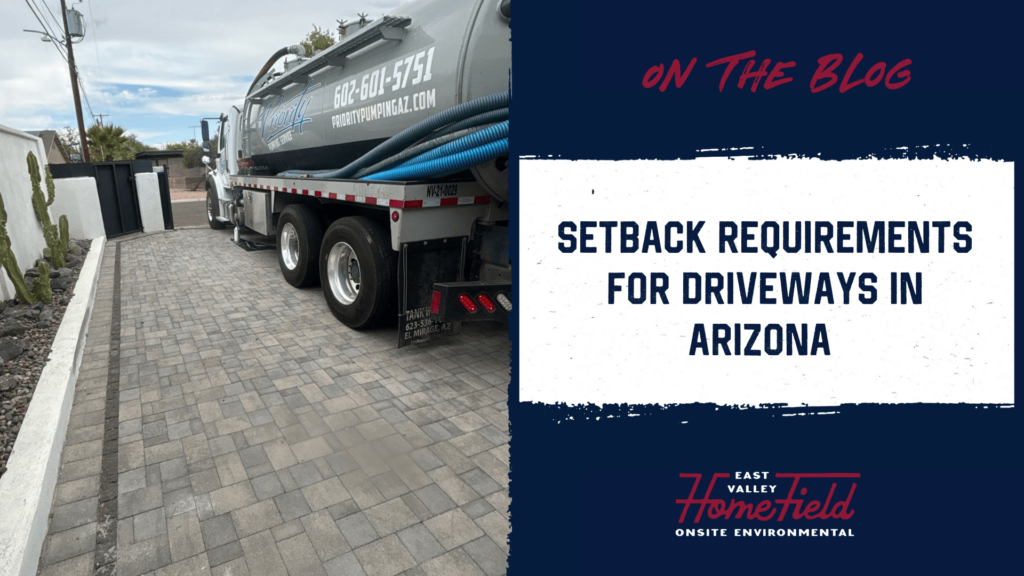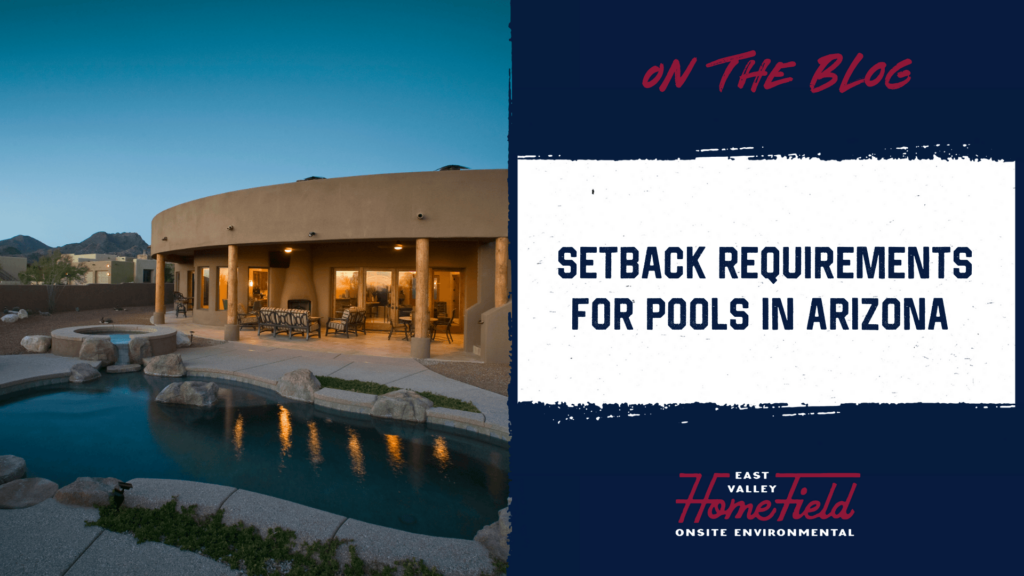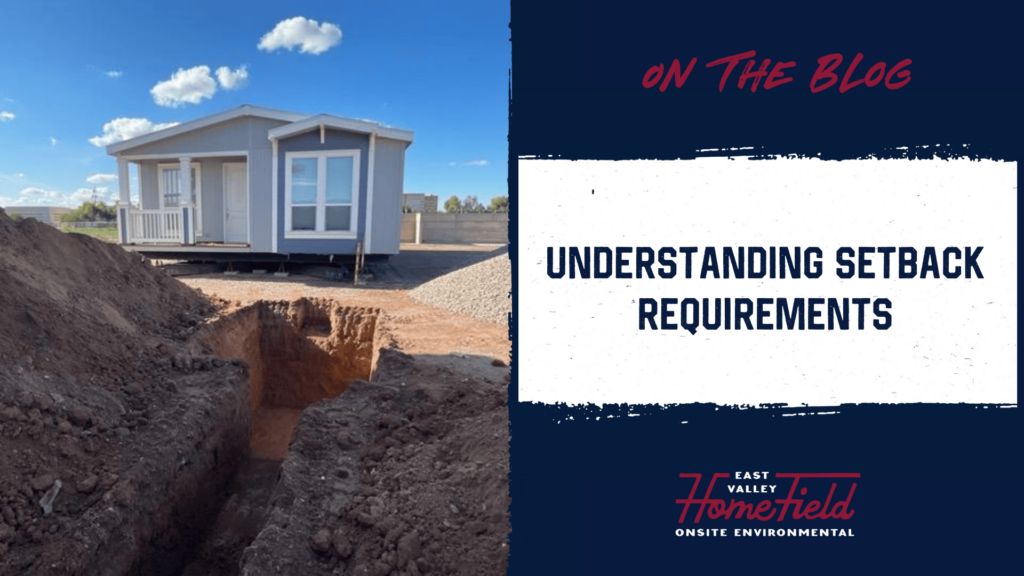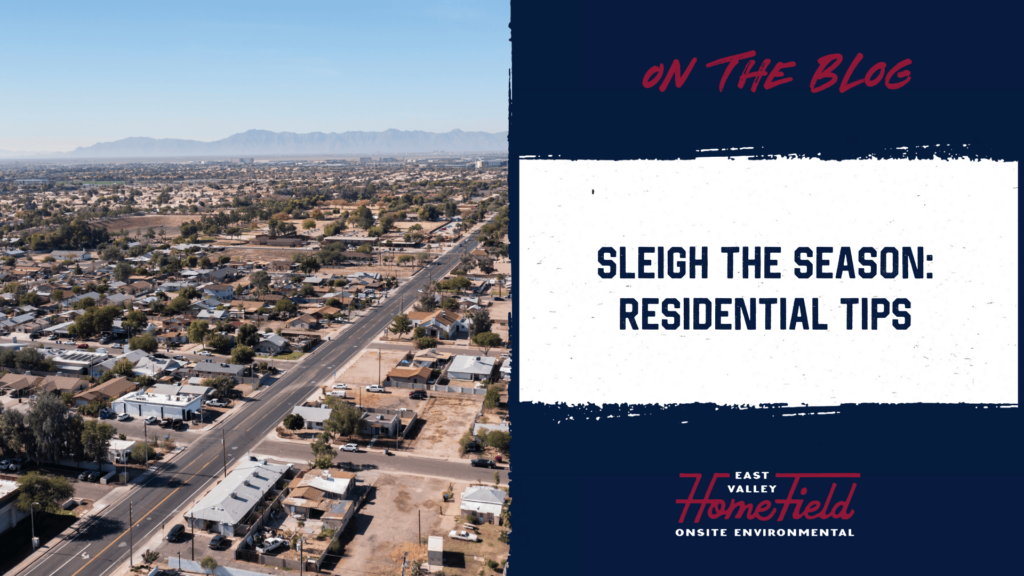Tips & Tricks
Bacteria in Your Septic Tank
Your septic tank depends on a delicate balance of bacteria to break down waste and keep everything flowing properly. These tiny organisms do the heavy lifting behind the scenes, helping your system run efficiently and preventing major problems. When the balance is right, your system works the way it should. When it’s not, things can…
Read MoreSeptic Backups Happen
A septic backup is one of the worst plumbing disasters a homeowner can face. It’s messy, disruptive, and can lead to costly damage if not addressed quickly. The key to minimizing the chaos is knowing what to do as soon as you notice a problem. Acting fast can prevent further damage and get your system…
Read MoreWorst Things for Grease Traps
They quietly handle the fats, oils, and grease (FOG) that can wreak havoc on plumbing and sewer systems. But not everything belongs in there. Some items can cause expensive damage, foul odors, and even health hazards. Here’s a fun and practical look at what you should never put in your grease trap—and why avoiding these…
Read MoreHidden Hazards of Entering
You flushed your wedding ring down the toilet—panic sets in. The septic tank seems like the obvious place to look. But stop right there. The hidden hazards of entering septic systems are real, and taking matters into your own hands can quickly turn dangerous. Here’s why it’s never worth the risk. Toxic Gases: A Major…
Read MorePorch Setback Requirements
Planning to add a new porch or deck to your home? Relaxing outside sounds great, but if you’re on septic, don’t overlook those porch setback requirements. Building too close to your system can create big (and expensive) problems down the road. A little planning now can save you a major headache later. What Are Porch…
Read MoreDriveway Setback Requirements
Driveways are a functional and valuable addition to your home, but when you have a septic system, careful planning is critical. In Arizona, driveway setback requirements exist to protect your septic components from damage and ensure long-term access. Ignoring these guidelines can lead to costly repairs and major disruptions. Why You Need to Know Your…
Read MorePool Setback Requirements
Building a pool in your backyard is an exciting upgrade, but before you dive into construction, it’s important to understand pool setback requirements—especially when your property includes a septic system. These rules help ensure your pool is properly placed and protect the health of your septic system for the long haul. Why Pool Setbacks Matter…
Read MoreSetback Requirements
Setback requirements are crucial for maintaining the health and function of your septic system. These regulations outline the minimum distance structures must maintain from septic components like your tank and drainfield. Following these requirements helps your system perform properly and protects you from costly repairs or code violations in the future. What Are Septic System…
Read MoreResidential Holiday Septic Tips
The holidays are here, and that means family gatherings, festive meals, and more traffic through your plumbing system. To keep everything flowing, it helps to follow a few residential holiday tips designed to protect your septic system. Here’s how to keep your celebrations stress-free and your drains clog-free. Holiday Septic Tips for a Clog-Free Season…
Read MoreThanksgiving Cheer
Thanksgiving is all about gathering with loved ones, sharing a great meal, and creating lasting memories. The last thing you want is a septic backup stealing the spotlight. If you’re hosting this year, now is the perfect time to make sure your septic system is ready to handle the extra load. Thanksgiving cheer can quickly…
Read More
